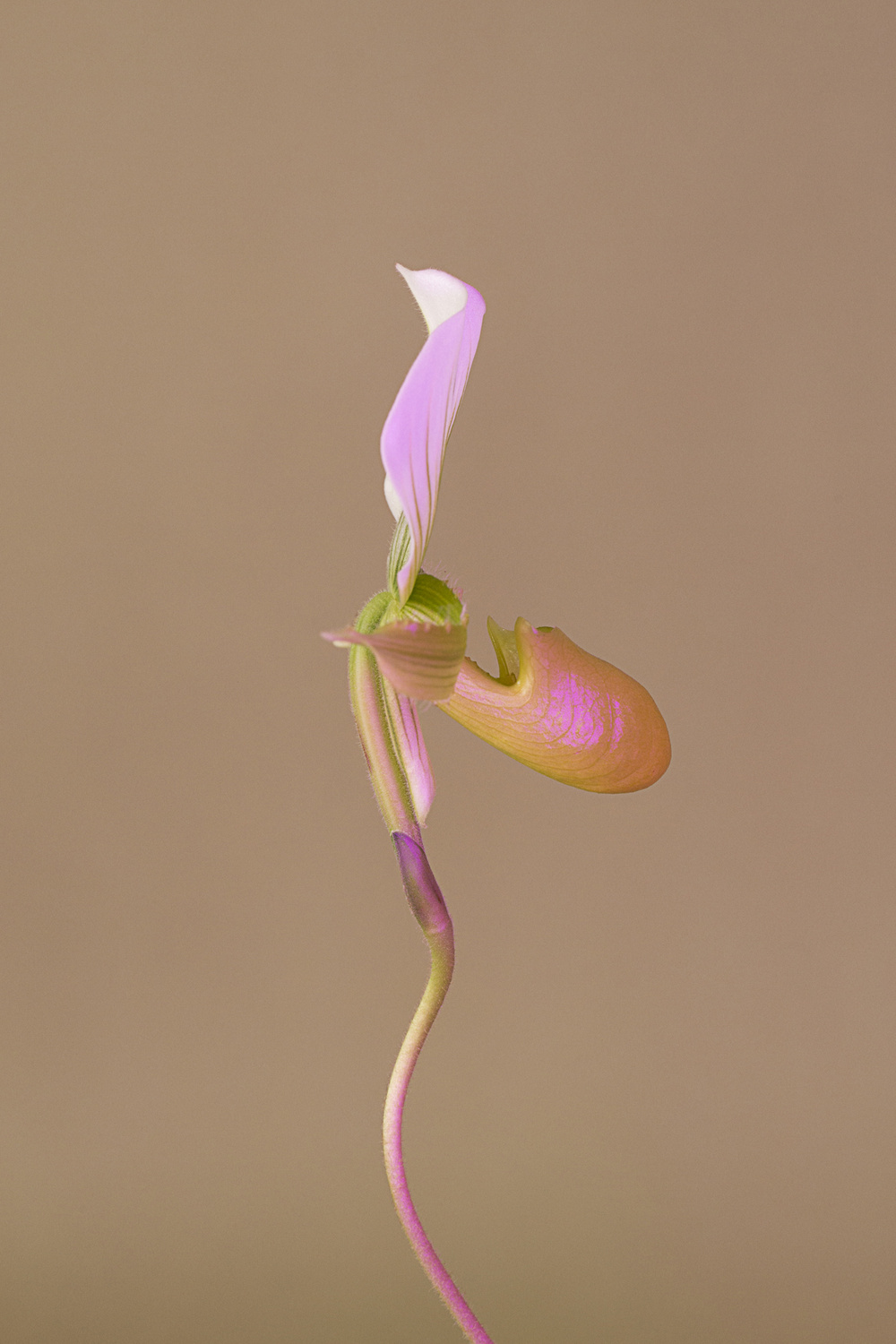
Paphiopedilums, often called the Venus slipper have
been ruthlessly gathered and poached from the wild, making them very
rare or extinct there.
Learn more
Brassia is a genus of orchids classified in the subtribe
Oncidiinae. Brassia has a very specific method for pollination; it uses
entomophily - pollination by insects - and in this case specifically by
female spider-hunter wasps of the genera Pepsis and
Campsomeris.
Learn more
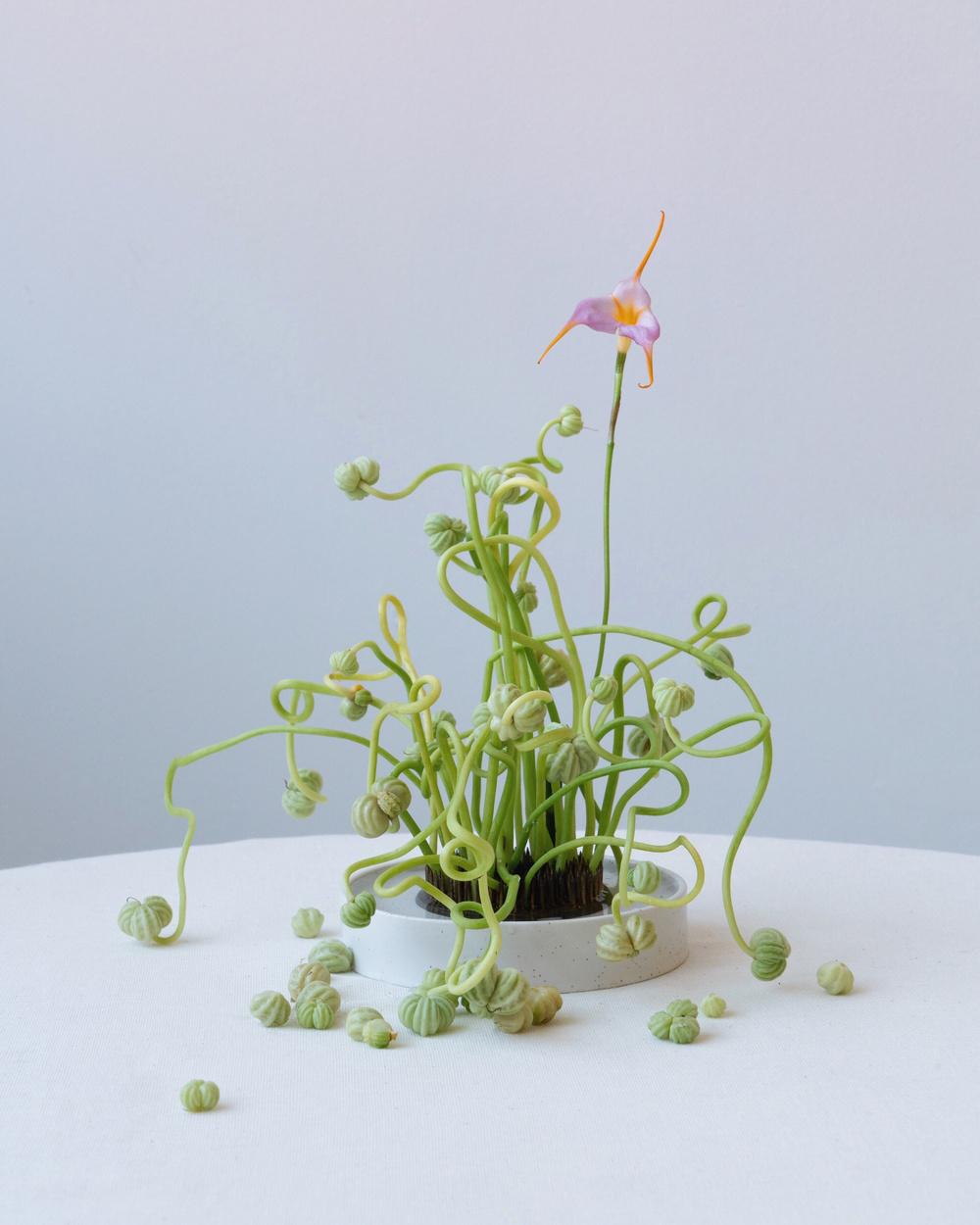
Nasturtiums were once commonly known as "Indian cresses" because they
were introduced from the Americas, known popularly then as the Indies,
and used like cress as salad ingredients.
Learn more
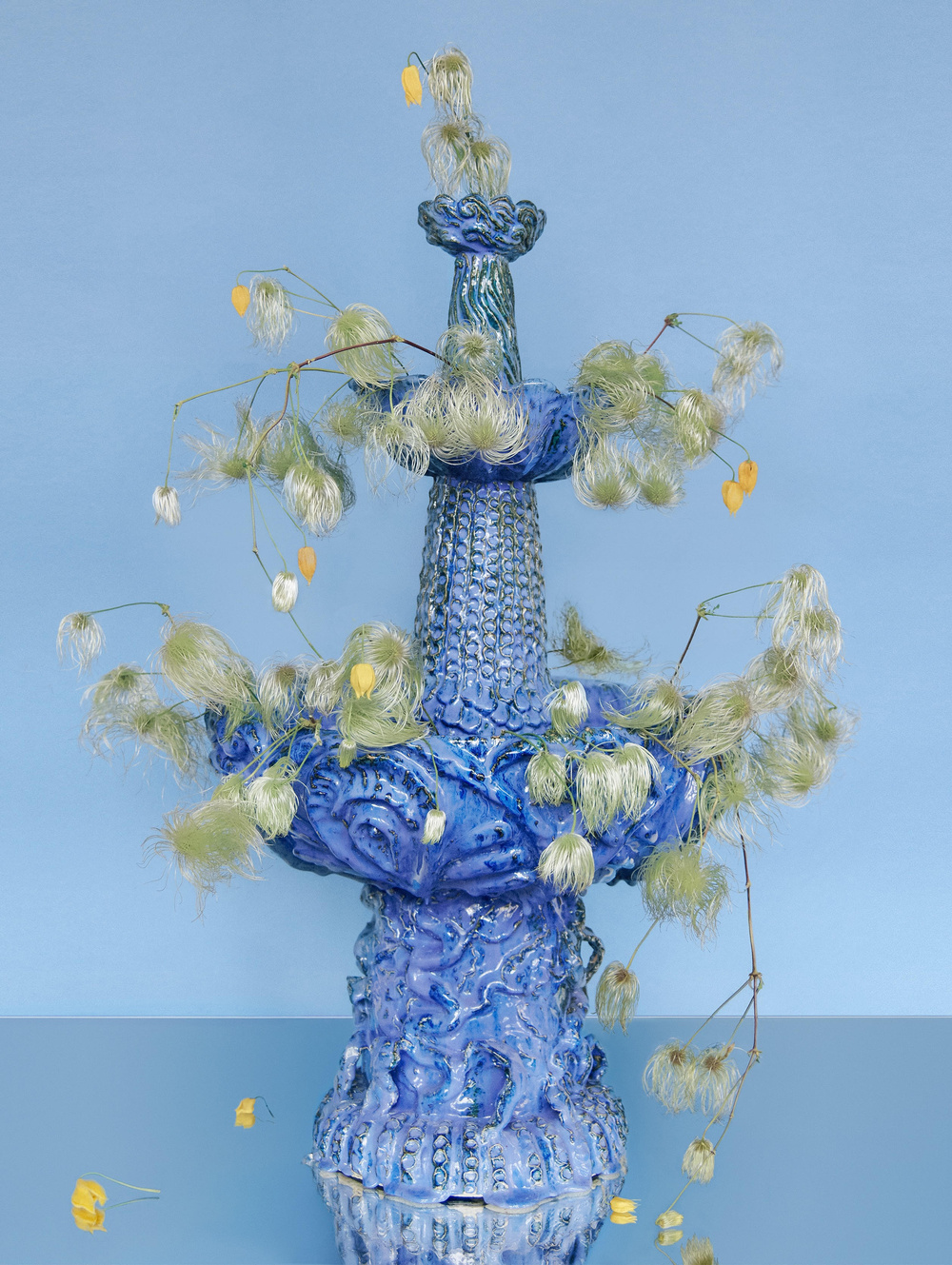
Clematis are mainly of Chinese and Japanese origin. Some
clematis are known as Traveller's Joy, a name invented for the sole
British native, Clematis vitalba. Old Man's Beard,
is applied to several clematis with prominent seedheads.
Learn more
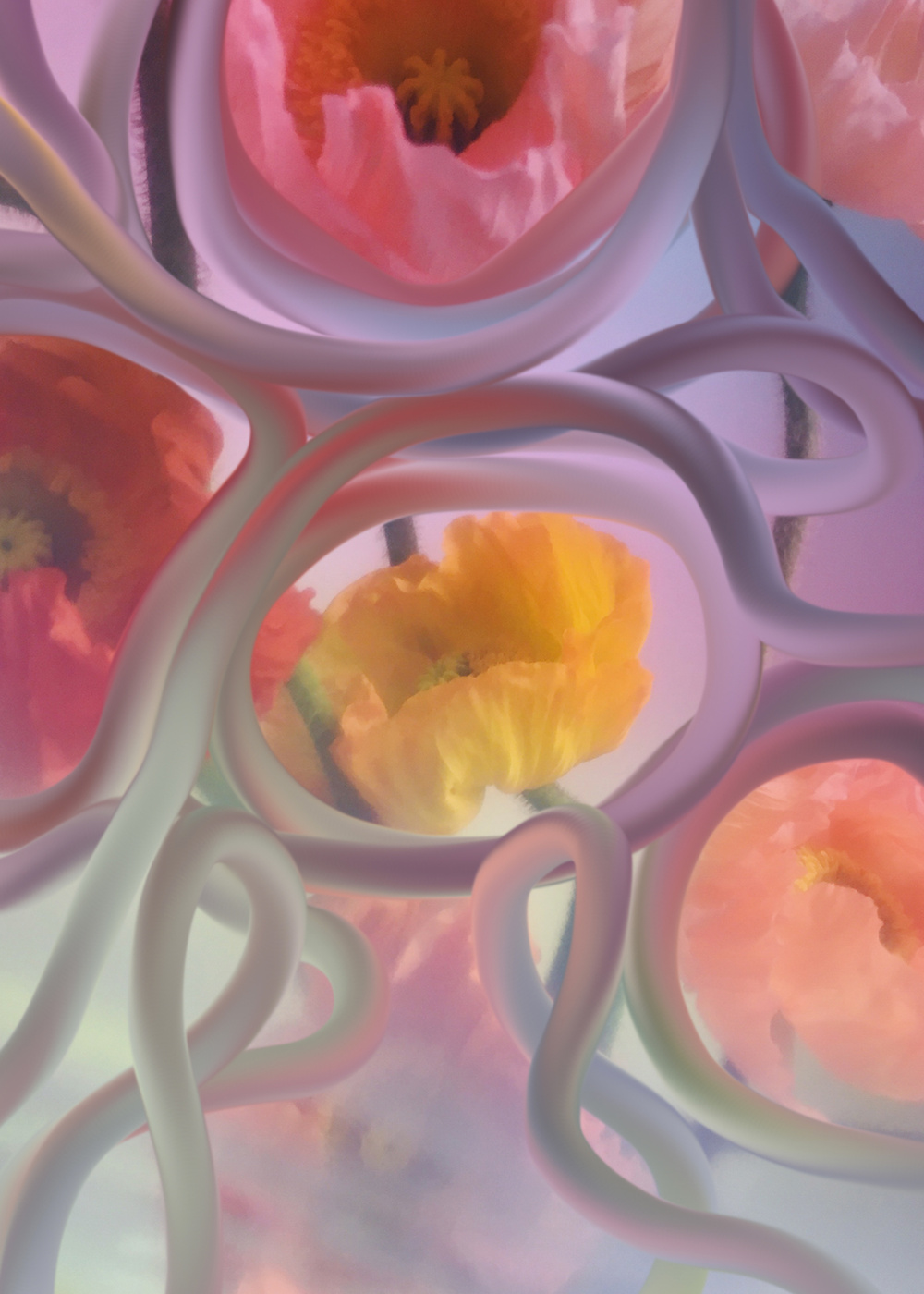
Poppies have been grown as ornamental plants since 5000 BC in
Mesopotamia. They were found in Egyptian tombs. In Greek mythology, the
poppy was associated with Demeter, goddess of fertility and agriculture.
Learn more
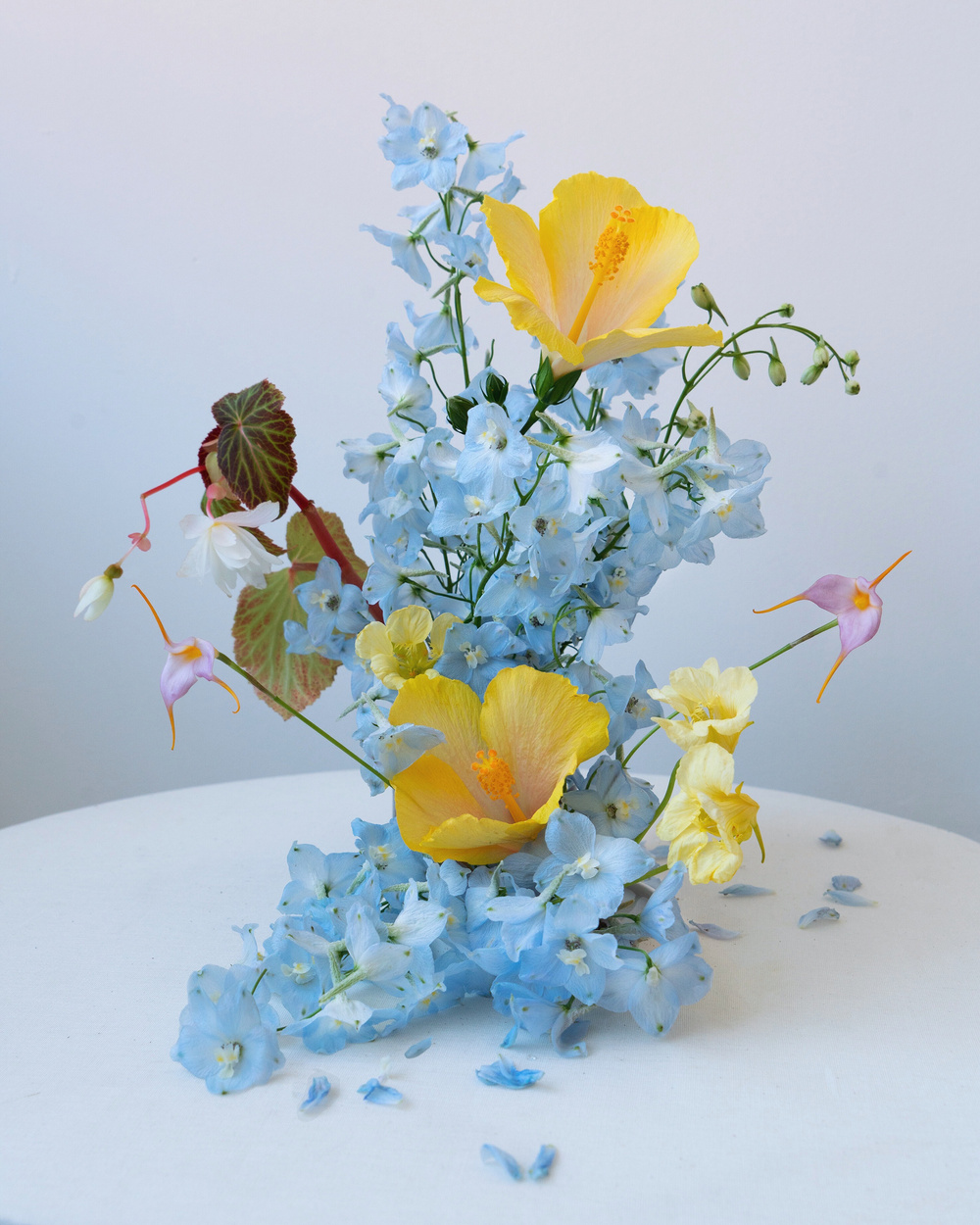
Hibiscus, a nyctinastic plant, has a circadian cycle in which
they open their leaflets during the day, and close them at night.
Learn more
